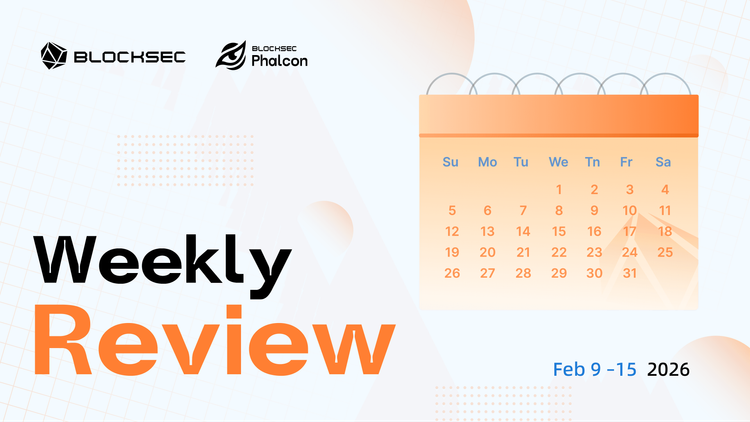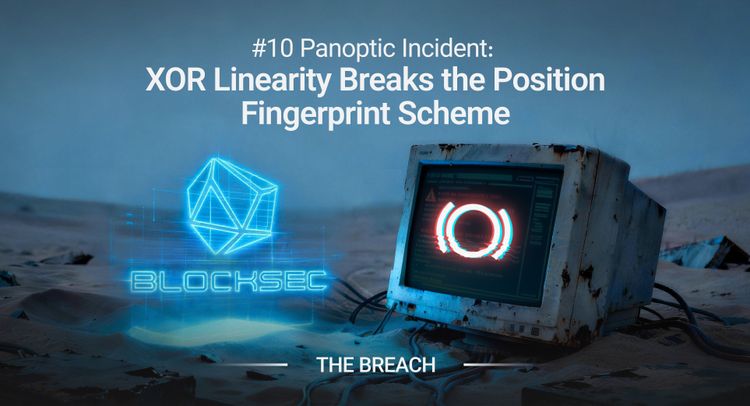Introduction
Smart contracts have become integral to the blockchain ecosystem, facilitating secure and transparent transactions. However, their vulnerability to security breaches poses significant risks. In this blog post, we will delve into the importance of smart contract security and explore the comprehensive solutions offered by BlockSec, a leading blockchain security company. Discover the best practices and strategies to safeguard your smart contracts from potential hacks, ensuring trust and confidence in the blockchain space.
The Basic Concept of Smart Contract Security
Smart contract security is paramount in maintaining the integrity of blockchain transactions. By comprehending the potential vulnerabilities, such as reentrancy attacks, integer overflow, and logic bugs, developers can proactively implement robust security measures. BlockSec's expertise in smart contract security provides a deep understanding of these vulnerabilities and offers comprehensive solutions to mitigate risks. Explore the importance of secure coding practices, rigorous testing, and code review processes to identify and address potential vulnerabilities before deployment.
Solidity Leads Best Practices
Solidity, the most widely used programming language for smart contracts, requires adherence to certain best practices to enhance security. BlockSec specializes in Solidity security audits, ensuring adherence to industry standards. Discover the importance of secure contract design, proper input validation, and defensive programming techniques. BlockSec's expertise in Solidity enables developers to write secure and efficient smart contracts, minimizing the risk of potential vulnerabilities.
Fuzzing Technology Improves Smart Contract Security
Fuzzing technology has emerged as a powerful tool to identify vulnerabilities in smart contracts. BlockSec's advanced fuzzing techniques enable comprehensive contract coverage by injecting randomized inputs and identifying potential weaknesses. Explore how fuzzing technology can efficiently identify edge cases and uncover hidden vulnerabilities that traditional testing methods may miss. By leveraging BlockSec's expertise in fuzzing, developers can ensure robust smart contract security and reduce the likelihood of successful attacks.
Continuous Monitoring and Incident Response Protect Smart Contract Security
Smart contract security should not be a one-time effort but an ongoing process. BlockSec offers continuous monitoring services to detect and respond to emerging threats promptly. Learn about their automated monitoring systems, real-time threat intelligence, and incident response protocols. By partnering with BlockSec, businesses can proactively identify and mitigate security risks, ensuring the long-term integrity of their smart contracts.
Conclusion
In the evolving landscape of blockchain technology, smart contract security is of utmost importance. BlockSec's comprehensive solutions and expertise provide businesses with the confidence to deploy secure smart contracts. By understanding the potential vulnerabilities, adhering to best practices, leveraging fuzzing technology, and implementing continuous monitoring, developers can mitigate risks and protect their assets. Trust in BlockSec's unrivaled experience and commitment to blockchain security to ensure the trustworthiness and reliability of your smart contracts, paving the way for a secure and prosperous blockchain future.




